Is AI the key to reliable emissions tracking in a net-zero world?
Jim Hietala of The Open Group explains how AI, paired with data standardisation, enables accurate emissions tracking—vital for organisations striving toward a net-zero future.
Jim Hietala of The Open Group explains how AI, paired with data standardisation, enables accurate emissions tracking—vital for organisations striving toward a net-zero future.

AI transforms education, offering personalised learning. Yet, misuse threatens integrity. Educators must foster AI literacy, design resilient assignments, and prioritise ethical usage.

Teachers face a unique challenge: mastering AI to teach it. Ethical considerations, data concerns, and personal apprehensions complicate integrating this powerful tool into education.

Ash Gawthorp, Chief Academy Officer at Ten10, explores how AI is transforming education—bridging learning gaps, fostering inclusivity, and aligning skills with industry needs for a future-ready workforce.

Lauren Birch, Talent and Skills Lead at Turing Innovation Catalyst Manchester, explores AI’s role beyond tech. Discover how AI skills drive innovation across industries.

Chris Black, CMO of Vizrt, explores AI’s dual role in live production—boosting efficiency while posing disinformation risks—and highlights solutions like C2PA for content authenticity.

Discover how businesses can mitigate AI’s environmental impact through energy-efficient models, sustainable data centres, circular economy strategies, and AI-driven sustainability solutions.

EcoOnline’s David Picton on how businesses can successfully negotiate the trade-offs between the promises of AI and their progress towards net zero.
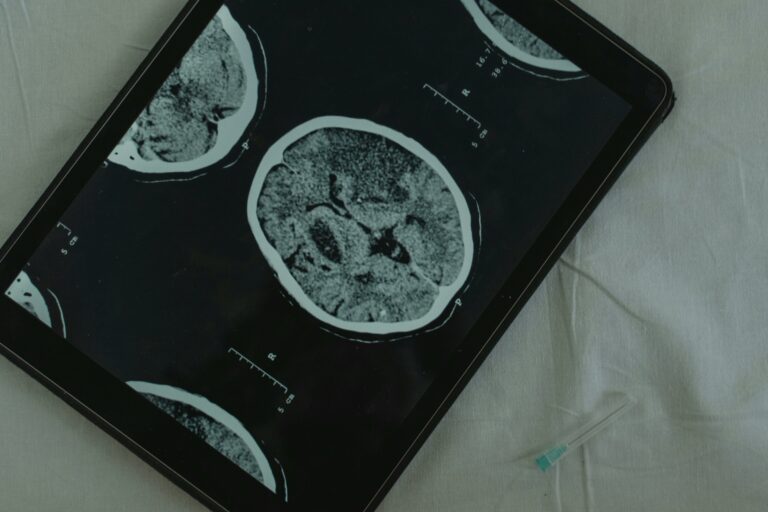
Sapio Sciences CEO predicts key advancements in diagnostics, mental health, and physician support

Explore the cultural shift in tech brand experiences, focusing on how innovation shapes society, influences marketing, and emphasises ethical practices, trust, and cultural awareness for success.

AI’s exponential growth fuels soaring data center demand, straining power grids and ecosystems. Sustainable infrastructure and circular economy solutions can mitigate AI’s environmental impact while benefiting local communities.

Seizo Onoe of International Telecommunication Union explores how AI-powered agriculture can boost food security, optimise farming, and support sustainability—helping to feed a growing global population.
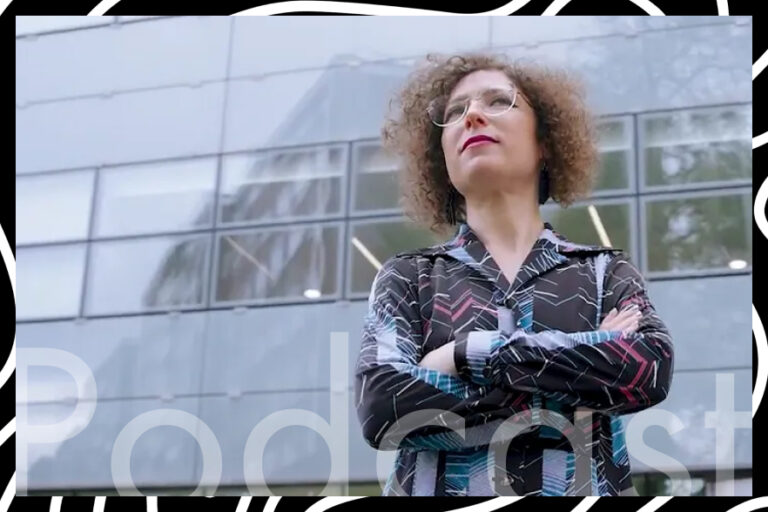
Dr Elinor Carmi, co-director of a new MSc in Data, Policy & Social Justice at City St George’s, University of London, on educating critical thinkers as policymakers of the future.

Alicia Staley, Chief Patient Officer at Medidata, highlights the need for diversity in clinical trials, exploring how AI and patient-centred technology improve accessibility and inclusivity.

Antony Paul, Global Product Head at Quadient, explores how effective communication and automation can help councils build trust and successfully implement smart city initiatives.

With rising data center demands, balancing energy efficiency and performance is crucial. AI offers a transformative solution, revolutionising how we optimise resources.

Dmitry Borodin, Head of Decision Analytics at Creditinfo, explores how AI and alternative data are transforming financial inclusion, helping underserved groups access credit and economic opportunities.

AI is revolutionising disaster response, from predictive analytics preventing crises to real-time data aiding relief efforts. Ethical AI solutions empower nonprofits, ensuring technology serves global humanitarian needs.

AI has the power to transform education, easing teachers’ workloads while enhancing learning. But trust, transparency, and public confidence are key to its success.

As AI reshapes industries, its impact on mental health is profound. While it disrupts jobs, it also fosters new opportunities. Human creativity remains irreplaceable.
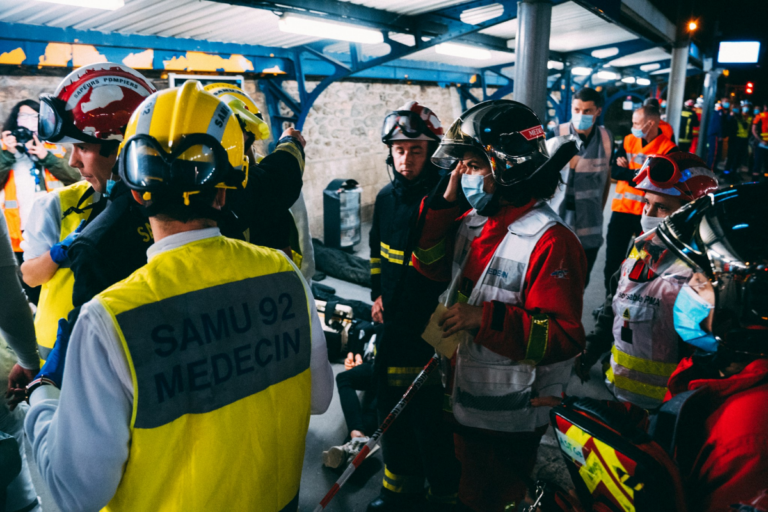
Robust data management is crucial for disaster response. Accurate, real-time data enables swift decisions, preventing misallocated resources and delays that could cost lives.

AI can generate technically perfect images, but it lacks the human intuition, empathy, and connection that capture true emotion. Photography’s power lies in storytelling, not algorithms.

AI is revolutionising online content moderation by automating the detection of harmful materials like violence and abuse, while working alongside human moderators to ensure safety and compliance.

GoStudent founder Felix Ohswald on using artificial inteligence to upgrade student learning and the quality of teaching.

NHS Blood and Transplant keeps people alive. Wendy Clark and David Rose discuss the role of technology.

AI and natural-language processing present a huge opportunity for stretched healthcare systems to transform their clinical day-to-day.
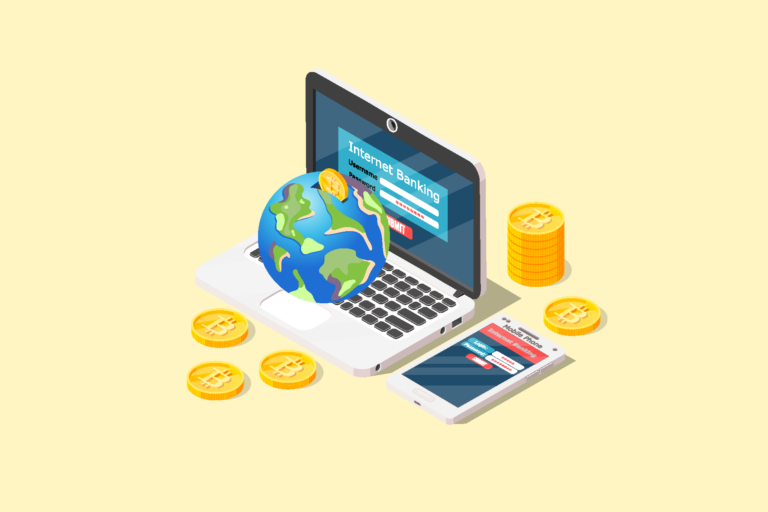
We ask four industry experts about the rise of “fintech for good” and if financial services leaders are doing enough to drive inclusion

Nikki Labrum and Freddie Quek discuss the impact of the digital divide and how to ensure no child is ever left behind

Stephen Foreshew-Cain, CEO of Scott Logic, explores how the UK public sector can overcome legacy IT, data silos, and skills gaps to successfully adopt AI and transform services.

Kimberly Brown of GSMA highlights how mobile technology supports humanitarian efforts, providing critical information, aiding crisis response, and addressing challenges including inequality, misinformation, and connectivity gaps.

Gordie Ross is a video games developer in the burgeoning education gaming space. In this podcast, Gordie explains why gaming should be a fundamental part of our education systems.
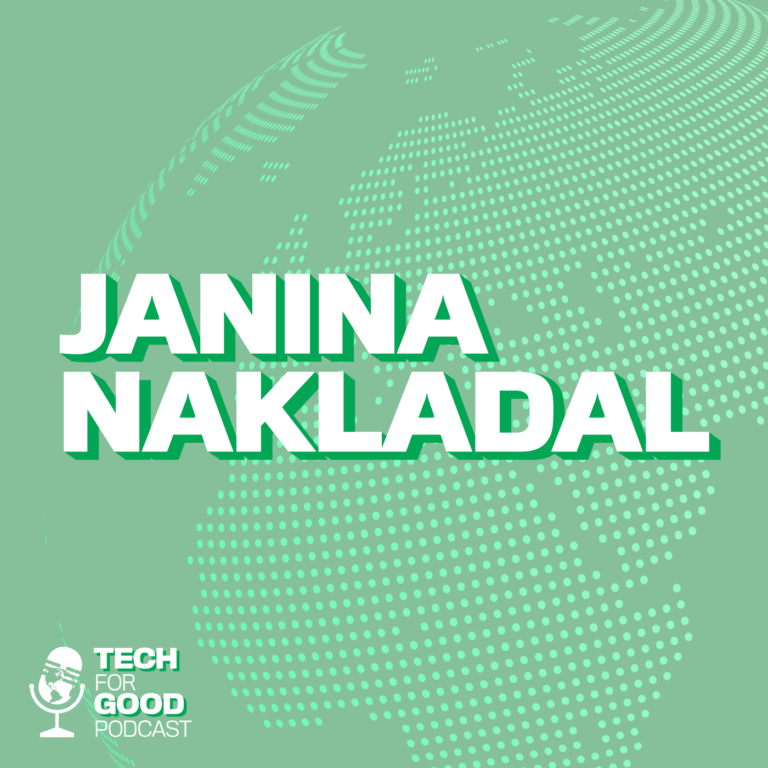
Janina Nakladal is Global Director of Sustainability for Celonis.
In this podcast, Janina discusses the power of process mining and the challenges of achieving sustainability transformation.
Jim Hietala of The Open Group explains how AI, paired with data standardisation, enables accurate emissions tracking—vital for organisations striving toward a net-zero future.

AI transforms education, offering personalised learning. Yet, misuse threatens integrity. Educators must foster AI literacy, design resilient assignments, and prioritise ethical usage.

Teachers face a unique challenge: mastering AI to teach it. Ethical considerations, data concerns, and personal apprehensions complicate integrating this powerful tool into education.

Ash Gawthorp, Chief Academy Officer at Ten10, explores how AI is transforming education—bridging learning gaps, fostering inclusivity, and aligning skills with industry needs for a future-ready workforce.

Lauren Birch, Talent and Skills Lead at Turing Innovation Catalyst Manchester, explores AI’s role beyond tech. Discover how AI skills drive innovation across industries.

Chris Black, CMO of Vizrt, explores AI’s dual role in live production—boosting efficiency while posing disinformation risks—and highlights solutions like C2PA for content authenticity.

Discover how businesses can mitigate AI’s environmental impact through energy-efficient models, sustainable data centres, circular economy strategies, and AI-driven sustainability solutions.

EcoOnline’s David Picton on how businesses can successfully negotiate the trade-offs between the promises of AI and their progress towards net zero.

Sapio Sciences CEO predicts key advancements in diagnostics, mental health, and physician support

Explore the cultural shift in tech brand experiences, focusing on how innovation shapes society, influences marketing, and emphasises ethical practices, trust, and cultural awareness for success.

AI’s exponential growth fuels soaring data center demand, straining power grids and ecosystems. Sustainable infrastructure and circular economy solutions can mitigate AI’s environmental impact while benefiting local communities.

Seizo Onoe of International Telecommunication Union explores how AI-powered agriculture can boost food security, optimise farming, and support sustainability—helping to feed a growing global population.

Dr Elinor Carmi, co-director of a new MSc in Data, Policy & Social Justice at City St George’s, University of London, on educating critical thinkers as policymakers of the future.

Alicia Staley, Chief Patient Officer at Medidata, highlights the need for diversity in clinical trials, exploring how AI and patient-centred technology improve accessibility and inclusivity.

Antony Paul, Global Product Head at Quadient, explores how effective communication and automation can help councils build trust and successfully implement smart city initiatives.

With rising data center demands, balancing energy efficiency and performance is crucial. AI offers a transformative solution, revolutionising how we optimise resources.

Dmitry Borodin, Head of Decision Analytics at Creditinfo, explores how AI and alternative data are transforming financial inclusion, helping underserved groups access credit and economic opportunities.

AI is revolutionising disaster response, from predictive analytics preventing crises to real-time data aiding relief efforts. Ethical AI solutions empower nonprofits, ensuring technology serves global humanitarian needs.

AI has the power to transform education, easing teachers’ workloads while enhancing learning. But trust, transparency, and public confidence are key to its success.

As AI reshapes industries, its impact on mental health is profound. While it disrupts jobs, it also fosters new opportunities. Human creativity remains irreplaceable.

Robust data management is crucial for disaster response. Accurate, real-time data enables swift decisions, preventing misallocated resources and delays that could cost lives.

AI can generate technically perfect images, but it lacks the human intuition, empathy, and connection that capture true emotion. Photography’s power lies in storytelling, not algorithms.

AI is revolutionising online content moderation by automating the detection of harmful materials like violence and abuse, while working alongside human moderators to ensure safety and compliance.

GoStudent founder Felix Ohswald on using artificial inteligence to upgrade student learning and the quality of teaching.